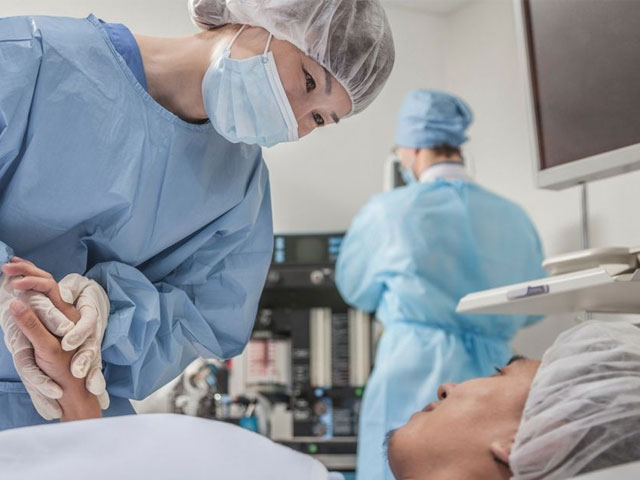
Tips About Preparing For Surgery And Best Recovery
Each year almost 300 million major surgeries are performed in the world. And if you or a beloved one is about to enter one, here are expert tips about how to prepare for surgery and ease the recovery period.
Tips For The Day Before Surgery
- The day before your surgery, from midnight onwards, do not eat or drink anything, including water, and do not chew gum.
- Do not smoke from midnight the day before surgery and on the morning of surgery.
- You can brush your teeth at night the day before and on the morning of the operation, taking care not to swallow water.
- Always consult your doctor before taking any medication, including the regular ones. Your anesthesiologist or surgeon will tell you which medicines you should stop taking before surgery and which ones you should continue taking, so tell your doctor about all the medicines you are taking.
- Tell your doctor if you have any flu-like symptoms such as fever, runny nose, sore throat.
Dos and Don’ts For The Surgery DayWear comfortable, casual clothes that are easy to take off.
- Remove nail polish and false nails. Do not wear any make-up.
- Remove items such as lenses, glasses, hearing aids, removable prosthetic teeth, jewelry, hairpins, piercings and etc. Entering the operation with these items may harm you by disrupting the safety of the operation.
- Be sure to specify the medications you are taking, allergic medications and foods you are allergic to.
- Always be at the hospital at the time planned.
- If you have any questions in mind, including the silliest ones, ask your doctor.
- Your doctor and anesthesiologist will decide together what kind of anesthesia you will receive during your surgery, taking into account the medical conditions.
- Your nurse will ask you to put on surgical clothes and a hair cap.
- If your doctor deems it necessary, he/she may ask you to wear special stockings and socks to prevent clots in the veins of your legs.
- Before you go to the operating room, the surgical team will check your name, date of birth and the type of surgery you will have.
- An intravenous catheter will be inserted to keep your body supplied with fluids, medicines or blood during and after the operation. If your doctor thinks it is necessary, you may be given some medicines to calm you down or to reduce the risk of infection.
- In the operating room, monitors will be attached to various parts of your body to measure your pulse, oxygen level and blood pressure.
- The surgical team may ask you again your name, date of birth and what type of surgery you are having.
Tips For Best Recovery After Surgery
- Muscle aches, a sore throat or feeling dizzy after surgery are all normal. These problems are not expected to last long.
- As soon as possible, your nurse will ask you to get out of bed and walk around after your operation. You may feel tired and weak at first, but you will get used to it. Walking will help blood flow which is crucial for healing. It will also help expand your lungs, trigger digestion and urinary tract functions.
- Your doctor will give you information about your postoperative diet, rest, medication, and when your follow-up examination will take place. Stick to your surgeon’s cautions for best results.
- How many days you will stay in the hospital depends on the type of surgery, the type of anesthesia given and your individual needs.



